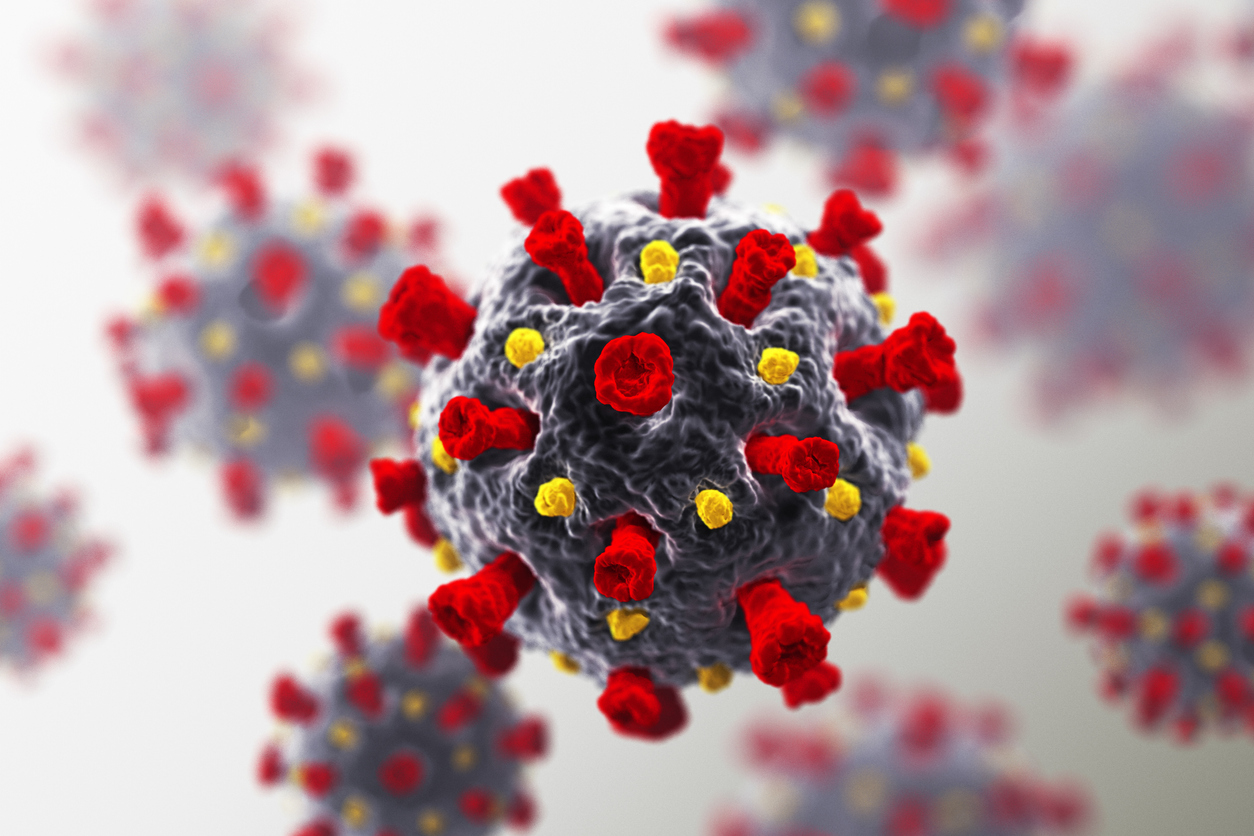Melinda Gates, on COVID-19 and Drug Development in Emerging Economies

Trevor Mundel leads the Bill & Melinda Gates Foundation’s efforts to develop high-impact interventions against the leading causes of death and disability in developing countries. During a Cytel panel on the COVID-19 response, Trevor reflects on the complexities of data management, forecasting, dose-finding, recruitment and retention, when responding to a global pandemic.
Hear the entire conversation by clicking the button below or read further to get some of the highlights of this critical discussion.
We can all learn from low income countries when devising response strategies to COVID-19
The challenges currently faced by high income countries reflect those resource constraints that low- and middle-income countries face on a daily basis. According to Trevor the ‘main challenge’ affecting a number of countries in North America and Europe are resource constraints, lack of health infrastructure, and supply chains, that reflect the challenges faced by low- and middle-income countries when confronting diseases like malaria or tuberculosis. Strategies implemented by low income countries might therefore be useful globally, when tackling COVID-19.
Trial design and patient recruitment
The pandemic has created a situation where disease incidence is ‘waxing and waning’ across several nations. This means that instead of beginning and ending a trial in a single country, it is important to build networks that can incorporate a number of trial sites in several nations. The Bill & Melinda Gates Foundation invests in ‘trial networks’ to target recruitment challenges for diseases like malaria, and this could be a model for coronavirus.
The need for improved data management
We need to agree on a global framework for data management that can be quickly formatted for submission. We need to maintain high standards of safety and efficacy but, can expedite research through better uses of data. We would ideally couple this improved data with a global dashboard for recruitment, as well as a mode of prediction that could make use of such data and the global dashboard.
The costs of inaccurate dosage are too high. We must find the right dose!
According to Trevor, the dose uncertainty for a key vaccine was between 25mg and 250mg. Given the number of people who would be taking this vaccine, this meant that we might need to manufacture 50 million doses or 500 million doses in the first year. Accurate dose-finding is therefore crucial to pandemic level drug development, not only to give the right dose to patients but also to provide vaccines to all those who might need it for survival.
A similar challenge exists for antibody treatment, as the dose can range from 100 milligrams to 4 grams, meaning the need for either 30 million or 50 million doses.
Get more insights into the challenges and opportunities in drug development for COVID-19 by hearing the webinar replay.
James Orbinski, professor at York University's Dahdaleh Institute for Global Health Research, was among the panelists in this discussion. In our previous blog, we shared the Q&A between Edward Mills, Principal Scientist at Cytel and James Orbinski. Read the blog here.


